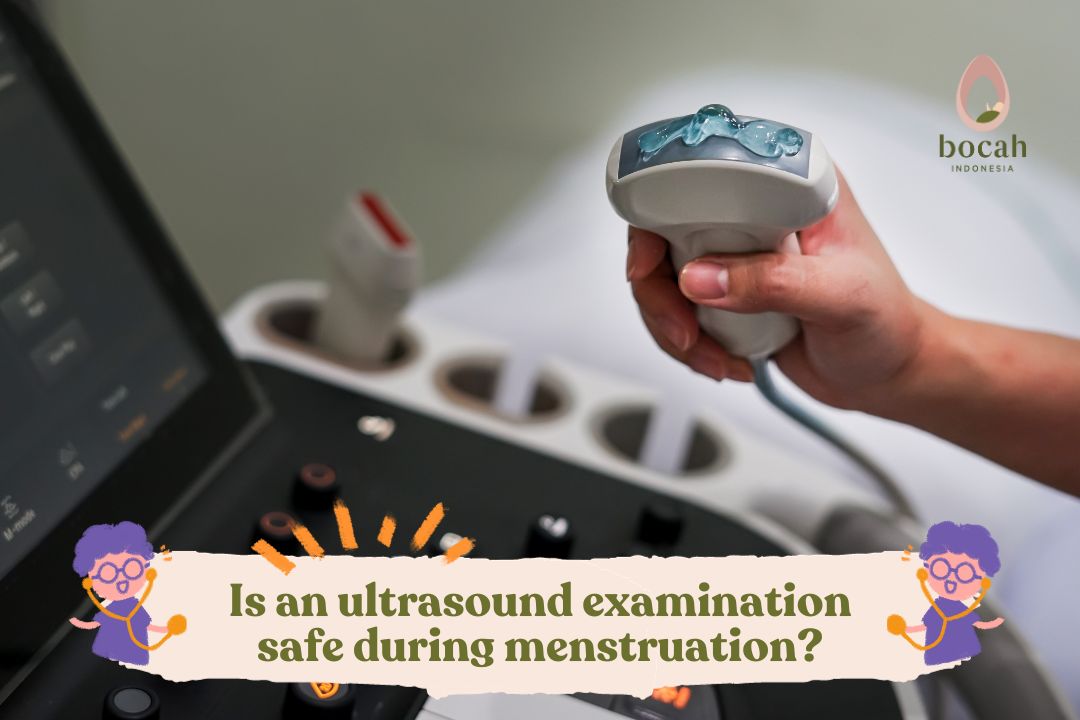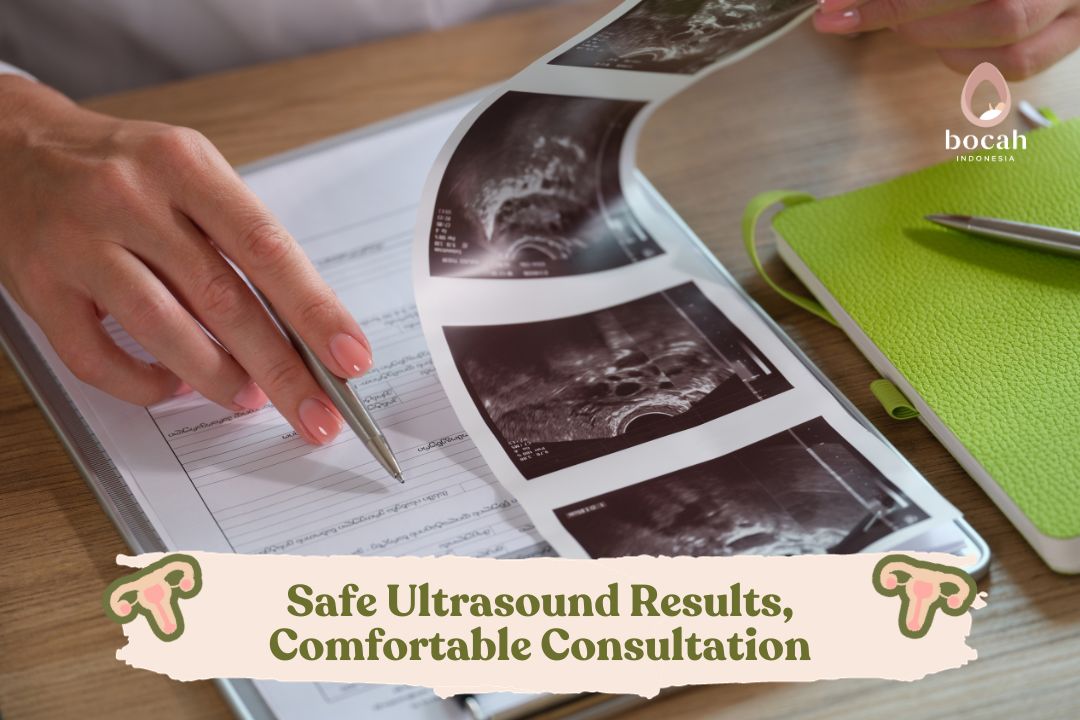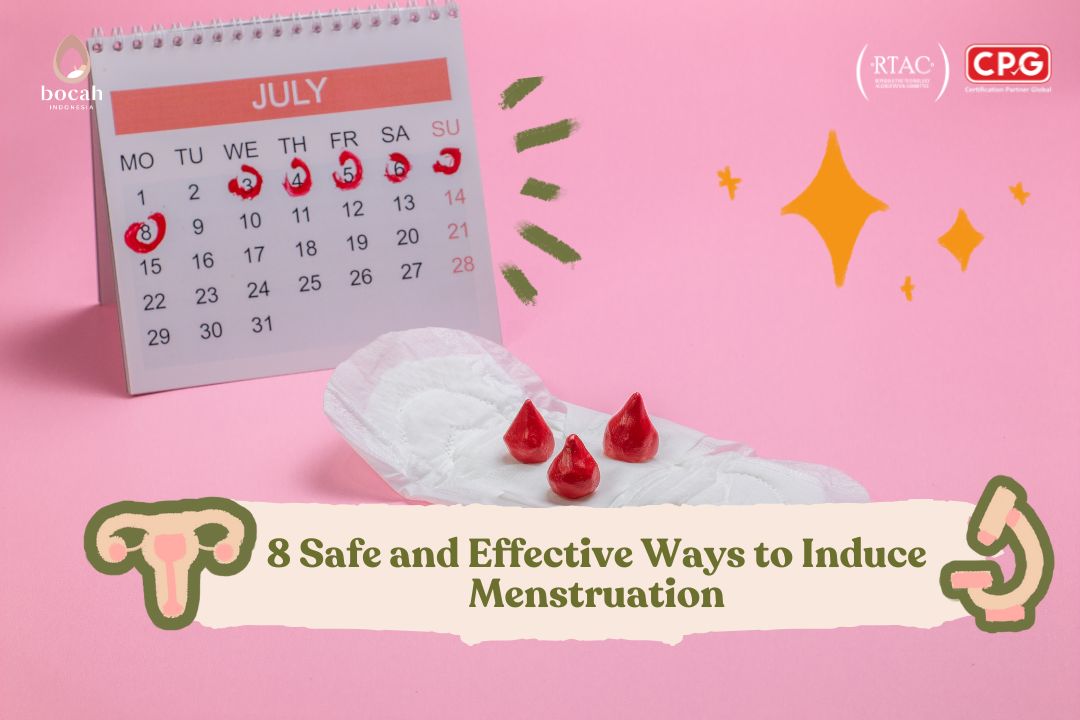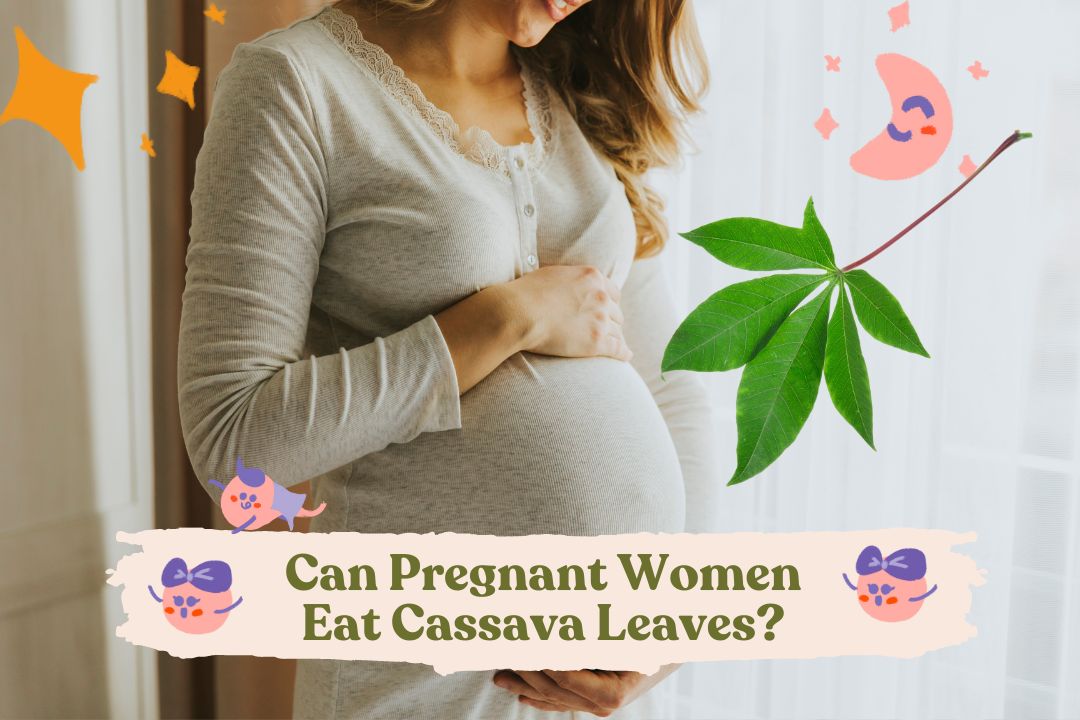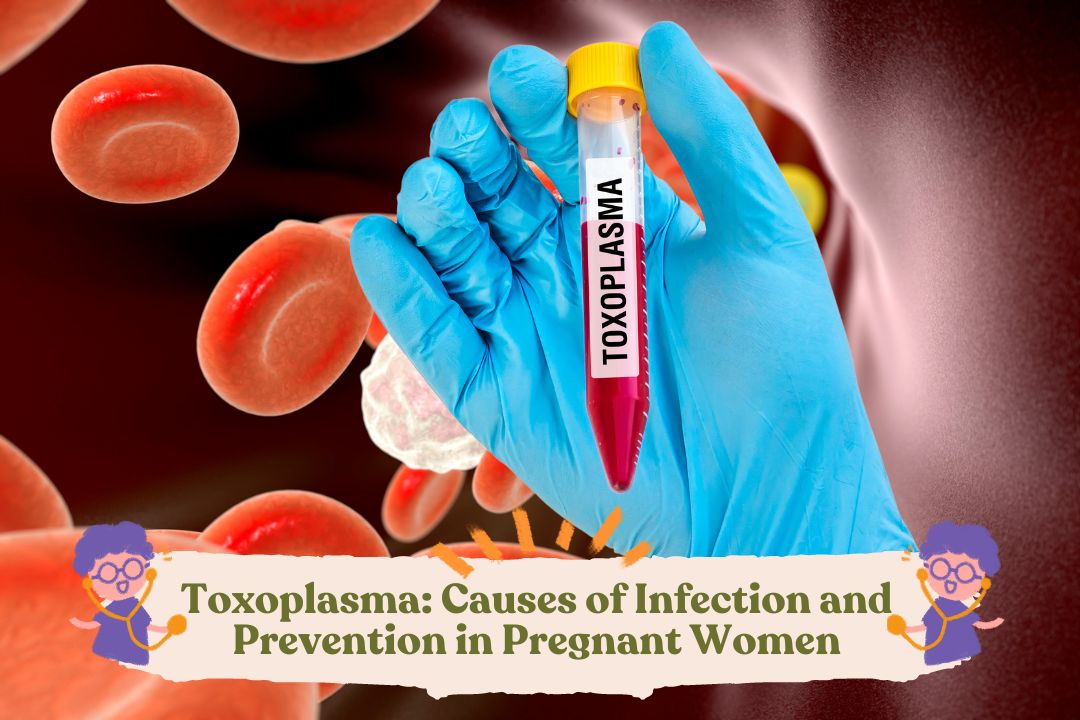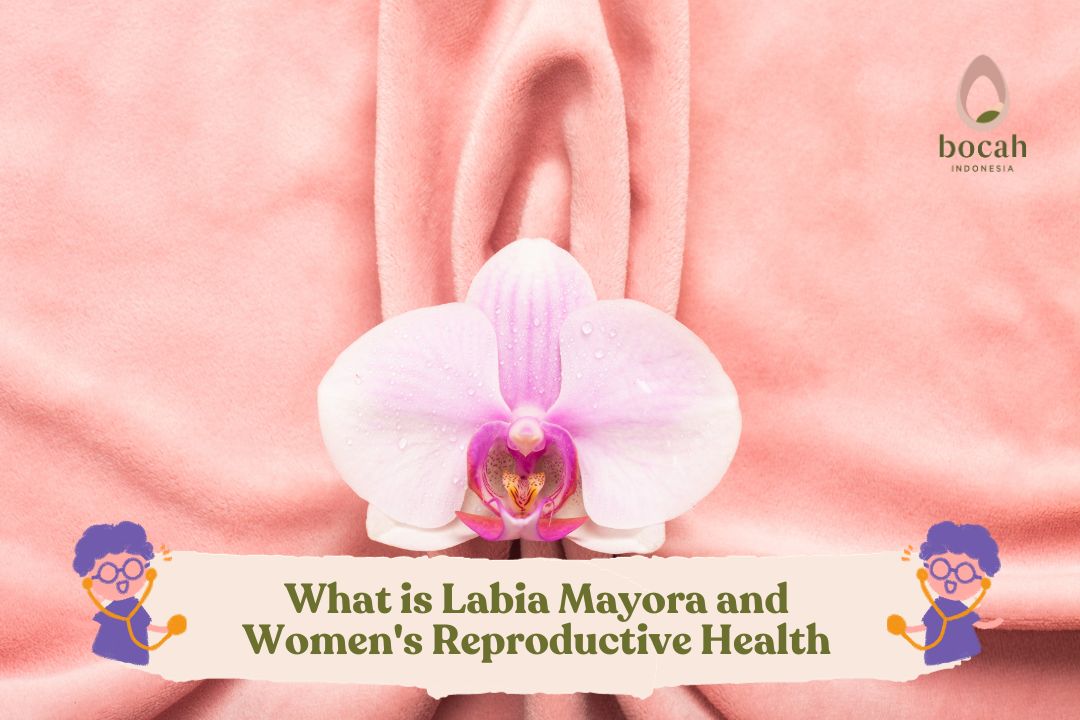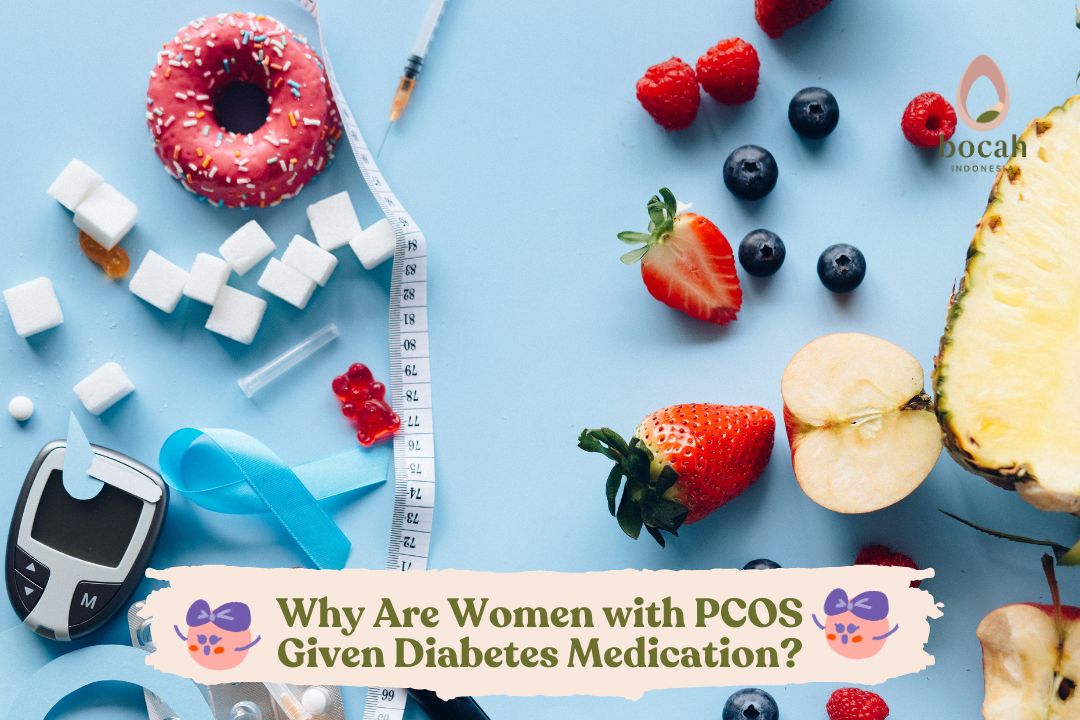Egg Freezing for Women: Is It Safe?
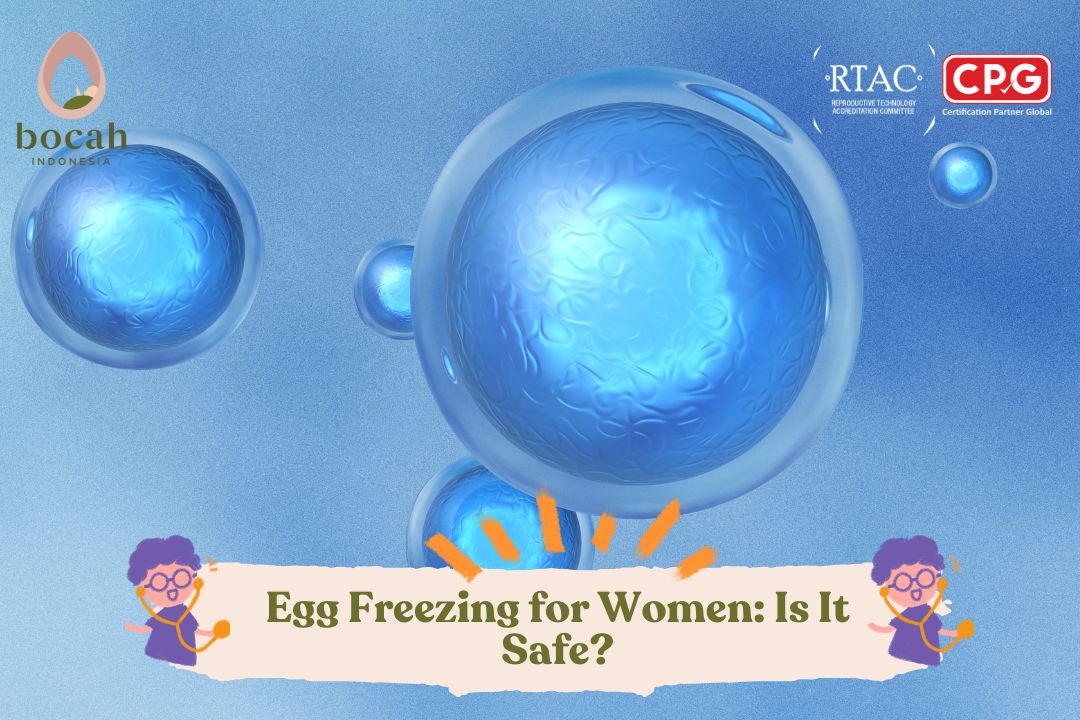
Oocyte cryopreservation is a fertility preservation technique in which a woman’s reproductive cells (eggs) are frozen for future use.
Many women hope to have children one day. But what happens if they haven’t found the right partner, want to focus on their careers, achieve personal life goals, or undergo medical procedures that could impact fertility? Egg freezing can be a viable option, empowering women to pursue motherhood when they feel ready.
What Is Egg Freezing?
Egg freezing, or oocyte cryopreservation, is a medical process where a woman’s eggs are retrieved, frozen, and stored as a method of preserving her fertility during her reproductive years.
Today, planned oocyte cryopreservation (POC)—commonly referred to as elective egg freezing—is widely accepted and used, particularly before undergoing certain medical treatments. This procedure has sparked a “social revolution” by increasing women’s autonomy over their reproductive timeline.
The first successful birth from a frozen egg was reported by Dr. Christopher Chen in 1986. Since then, POC has seen significant advancements, with improved survival rates of eggs through freezing.
Tanya Mincah tentang Promil?
In 2012, the American Society for Reproductive Medicine (ASRM) declared egg freezing to no longer be experimental, after studies showed that pregnancy and live birth rates—as well as safety—were comparable to those from conventional IVF. As a result, the use of this technique has increased dramatically.
Who Should Consider Freezing Their Eggs?
Surveys show that 84–88% of women who undergo elective egg freezing do so because they don’t yet have a partner. These women often wish to become mothers but haven’t found the right partner and don’t want to rush into marriage solely due to the biological clock. In many cases, the decision to delay parenthood is circumstantial rather than intentional.
Other common reasons include:
-
Pursuing higher education or career goals
-
Inflexible work environments
-
Travel plans or recently ending a relationship/divorce
-
Simply not feeling ready to have children
Some women also opt for the procedure because their employers cover the cost.
In addition, egg freezing is recommended for women with medical conditions or a history that may impact future fertility, such as:
-
Diagnosed with poor ovarian reserve
-
Endometriosis
-
Ovarian disease with risk of organ damage
-
Upcoming surgery that may harm the ovaries
-
Cancer requiring chemotherapy and/or radiotherapy
-
Risk of premature ovarian failure (e.g., Turner Syndrome, Fragile X, or early menopause)
-
Genetic mutations like BRCA that may require ovary removal
-
Family history of infertility
Egg freezing can also help reduce the risk of age-related complications during pregnancy, including miscarriage and chromosomal abnormalities.
How Is Egg Freezing Done?
The process of egg freezing includes several steps, which are almost identical to the initial stages of an IVF cycle, except the retrieved eggs are stored—not fertilized.
The steps include:
-
Ovarian stimulation
-
Begins with transvaginal ultrasound and blood tests to evaluate ovarian reserve
-
Daily hormone injections for 9–12 days to stimulate egg production
-
Dosages are individualized based on ovarian response
-
Monitoring continues until the eggs are mature, followed by a trigger injection to induce ovulation
-
-
Egg retrieval (Ovum Pick Up or OPU)
-
A minor procedure performed under anesthesia using a transvaginal ultrasound-guided needle
-
Patients must fast for at least 8 hours
-
Takes about 30–45 minutes depending on the number of eggs retrieved
-
-
Egg selection and freezing
-
Healthy eggs are selected by an embryologist
-
Eggs are rapidly cooled using vitrification to prevent ice crystal formation
-
When ready for use, eggs are thawed and warmed to body temperature
-
Eggs are then evaluated and fertilized with sperm to form embryos
-
Embryos are cultured to the blastocyst stage and transferred into the uterus
-
How Many Eggs Should Be Frozen?
Studies recommend freezing at least 8–10 healthy eggs for women under age 35 to improve the chance of future pregnancy.
Success depends on the quality and quantity of eggs, and the age at which they are retrieved. The younger the eggs, the higher the likelihood of successful fertilization and pregnancy.
What Are the Risks and Side Effects?
The risks of egg freezing are similar to those in IVF ovarian stimulation:
-
Ovarian hyperstimulation syndrome (OHSS)
-
Infection
-
Bleeding after egg retrieval
Common side effects:
-
Mood swings
-
Hot flashes
-
Headaches and nausea from hormonal stimulation
-
Bloating, cramping, or mild pain after the procedure
Is Egg Freezing Safe?
Initially, there were concerns about pregnancy outcomes and child health—including the potential for chromosomal abnormalities from frozen eggs. However, multiple studies have shown no significant differences between babies born from frozen eggs and those from fresh eggs or natural conception.
Key studies:
-
Noyes et al. (2009): Reviewed 58 studies (1986–2008) with 609 live births. Found no significant increase in birth defects.
-
Forman et al. (2012): Found similar rates of aneuploidy between embryos from frozen eggs (29.1%) and fresh IVF eggs (26.4%).
-
Cobo et al. (2014): Compared 1,027 babies from frozen eggs and 1,224 from fresh. No difference in obstetric or neonatal outcomes.
-
Chamayou et al. (2017): Reported similar aneuploidy rates in blastocysts from frozen (57.5%) and fresh eggs (59.2%).
More long-term studies are still needed to confirm the safety of widespread egg freezing use.
Conclusion
Egg freezing offers women a reliable opportunity to preserve fertility—especially those undergoing medical treatments like chemotherapy or surgeries, or who face autoimmune conditions.
This option liberates women from the pressure of the “biological clock”, allowing them to pursue life goals, develop strong relationships, and become more financially, mentally, and emotionally prepared for motherhood.
Source:
- Cascante SD, Berkeley AS, Licciardi F, McCaffrey C, Grifo JA. Planned oocyte cryopreservation: the state of the ART. Reproductive BioMedicine Online. 2023 Aug 24:103367.
- Mesen TB, Mersereau JE, Kane JB, Steiner AZ. Optimal timing for elective egg freezing. Fertility and sterility. 2015 Jun 1;103(6):1551-6.
- Pai HD, Baid R, Palshetkar NP, Pai A, Pai RD, Palshetkar R. Oocyte cryopreservation-current scenario and future perspectives: a narrative review. Journal of Human Reproductive Sciences. 2021 Oct 1;14(4):340-9.
- Polyakov A, Piskopos J, Rozen G. Focus: Elective egg freezing: State of the ART. Australian Journal of General Practice. 2023 Jan 1;52(1/2):20-3.


